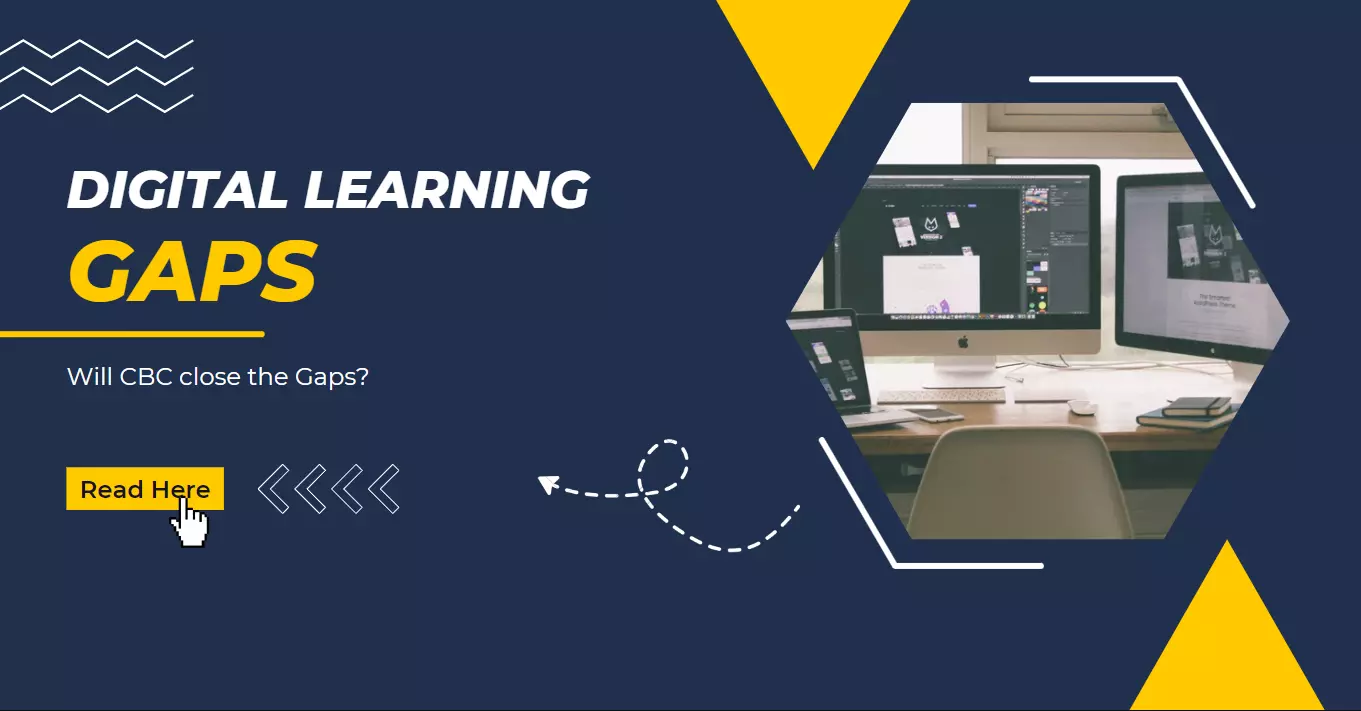Will the CBC Curriculum Solve or Widen Social Class Gaps?

Kenya is in the midst of a curriculum transition from 8-4-4 to the 2-6-6-3 competency-based curriculum (CBC). In this new curriculum, the country is trying to catch up with the rest of the world in aligning what is taught in schools to where the world is today. The Competency Based Curriculum (CBC) in Kenya seeks to achieve a learner-centred education system that focuses on developing specific skills and competencies in students. It aims to shift away from the traditional exam-oriented approach towards a more holistic and practical approach to learning.
Increased Government Money
The CBC aims to equip students with 21st-century skills such as critical thinking, problem-solving, communication, collaboration, and creativity. It emphasises the development of core competencies like literacy, numeracy, ICT, and life skills. The curriculum also emphasises the integration of practical experiences, experiential learning, and continuous assessment to ensure students are better prepared for the demands of the modern world and the workforce.
How is CBC supposed to achieve its Objectives?
The Competency Based Curriculum (CBC) in Kenya is designed to achieve its intended outcomes through various key strategies and approaches.
Firstly, the CBC focuses on learner-centred education, aiming to cater to the individual needs, interests, and abilities of students. It recognizes that each student is unique and learns differently, allowing for personalised learning experiences and differentiated instruction.
Secondly, the CBC places a strong emphasis on practical and hands-on learning. It integrates real-life experiences, problem-solving activities, and projects into the curriculum, enabling students to apply their knowledge and skills in meaningful contexts. This approach promotes active engagement, critical thinking, and creativity among learners.
Furthermore, the CBC incorporates continuous assessment as an integral part of the learning process. Instead of relying solely on high-stakes examinations, it emphasises ongoing evaluation of students' progress through various formative assessments, portfolios, and performance tasks. This provides a comprehensive understanding of students' abilities, progress, and areas for improvement.
Additionally, the CBC encourages collaborative learning and communication skills by promoting group work, discussions, and interactive activities. It recognizes the importance of teamwork, communication, and collaboration in the modern world and seeks to develop these competencies in students.
Overall, the CBC aims to foster a well-rounded education that goes beyond academic knowledge. By focusing on core competencies, practical learning experiences, continuous assessment, and student-centred approaches, the CBC seeks to equip students with the necessary skills, knowledge, and attitudes to thrive in the 21st century and contribute to society effectively.
Where will the Gaps be Widened
There is a central role of application of computers and computing knowledge in the delivery of CBC. The lack of computer knowledge among teachers and inadequate infrastructure in public primary schools, as well as the resulting disparity between public and private schools, can have significant implications for the existing social class gaps in Kenya in the short term and long run.
In the short term, the limited access to computers and computing knowledge in public schools can widen the digital divide between students from different socio-economic backgrounds. Learners in private schools, where computer education and infrastructure may be more readily available, are likely to gain a technological advantage over their counterparts in public schools. This discrepancy can perpetuate existing social class gaps, as students from disadvantaged backgrounds are further marginalised in terms of digital literacy and future employment prospects in the increasingly technology-driven world.
In the long run, this disparity can have far-reaching consequences. The increasing reliance on technology and computer skills in various sectors of the economy means that individuals with limited exposure to computers and computing knowledge may face challenges in accessing higher education, securing well-paying jobs, and participating fully in the digital economy. This can lead to a perpetuation of socio-economic inequalities, where individuals from privileged backgrounds have better access to opportunities and resources, while those from disadvantaged backgrounds struggle to compete and succeed.
To address these challenges, it is crucial for the government and educational institutions to prioritise the provision of computer education and infrastructure in public schools. This includes training teachers in computer literacy, providing access to computers and the internet, and bridging the digital divide between public and private schools. Additionally, efforts should be made to address broader socio-economic disparities by implementing policies that ensure equal access to quality education, regardless of social class or economic status.
